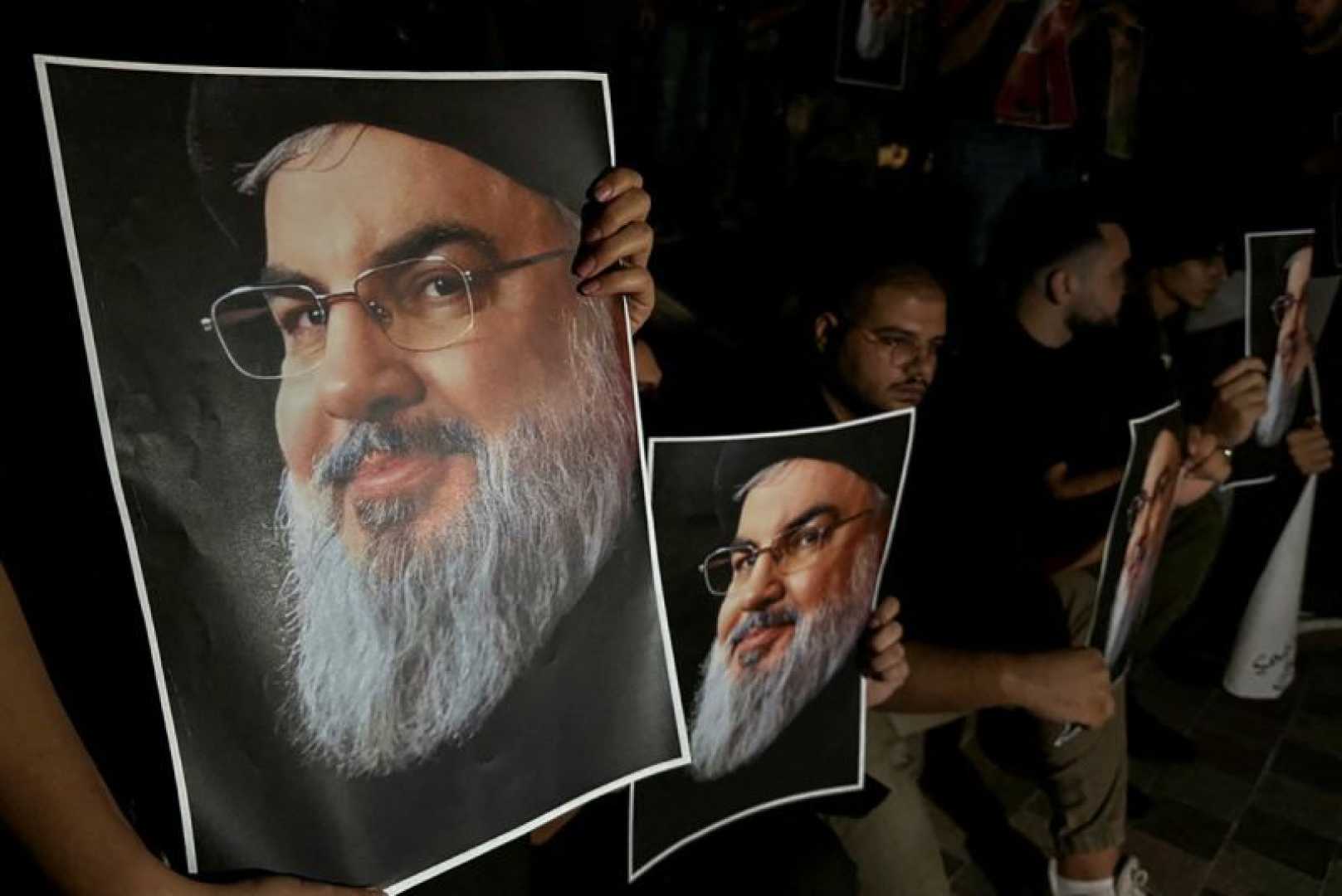News
Impact of Hassan Nasrallah’s Death on Middle East Tensions

On September 28, 2024, MEF Chief Editor Jim Hanson shared his insights on FOX News regarding the geopolitical implications following the death of Hezbollah leader Hassan Nasrallah. Hanson’s discussion with the network underscores the complexity of the region’s dynamics and the potential shifts in power they could provoke.
Hanson suggested that the passing of Nasrallah could mark a pivotal moment, signaling to regional powers that the Islamic Republic of Iran, historically linked with backing groups like Hezbollah and Hamas, might be facing a tipping point. “It’s decision time for the Ayatollahs in Tehran,” Hanson remarked, highlighting Iran‘s influential role in the protracted conflicts across the Middle East.
The implications of Nasrallah’s death have ignited discourse about possible regional instability. Mohammed Al-Basha, a U.S.-based Middle East security analyst, opined that the loss of the Hezbollah leader might significantly disrupt the group’s strategic planning. However, he cautioned against premature assumptions that Hezbollah would cease its activities against Israel, given the organization’s alignment with Tehran’s objectives and access to sophisticated weaponry.
In addressing potential Iranian responses, Hanson noted the challenges Tehran faces internally and externally, as it grapples with internal dissent and a volatile regional posture. He indicated that Iran might defer direct confrontation to focus on stabilizing its position without escalating to a broader conflict.
Meanwhile, FOX News highlighted the regional players’ strategic calculations, emphasizing Israel’s intensified military readiness along its northern borders with Lebanon. The Israel Defense Forces (IDF) have reportedly been preparing for potential ground operations to neutralize threats posed by Hezbollah should tensions escalate.
The conversation between Hanson and FOX News also touched on the broader Middle Eastern geopolitical landscape, particularly the diplomatic undertakings that might be jeopardized by recent developments. “They wanted to derail any possibility of a deal between the Saudis and Israel,” Hanson asserted, referring to Iran’s strategical pursuits in destabilizing potential normalization talks.
The unfolding situation has prompted speculation about the future trajectory of Middle East conflicts, particularly concerning Israeli and Iranian proxies’ interaction. With diplomatic channels under strain and military actions looming, the regional power struggle continues to evolve amid mounting uncertainties.












